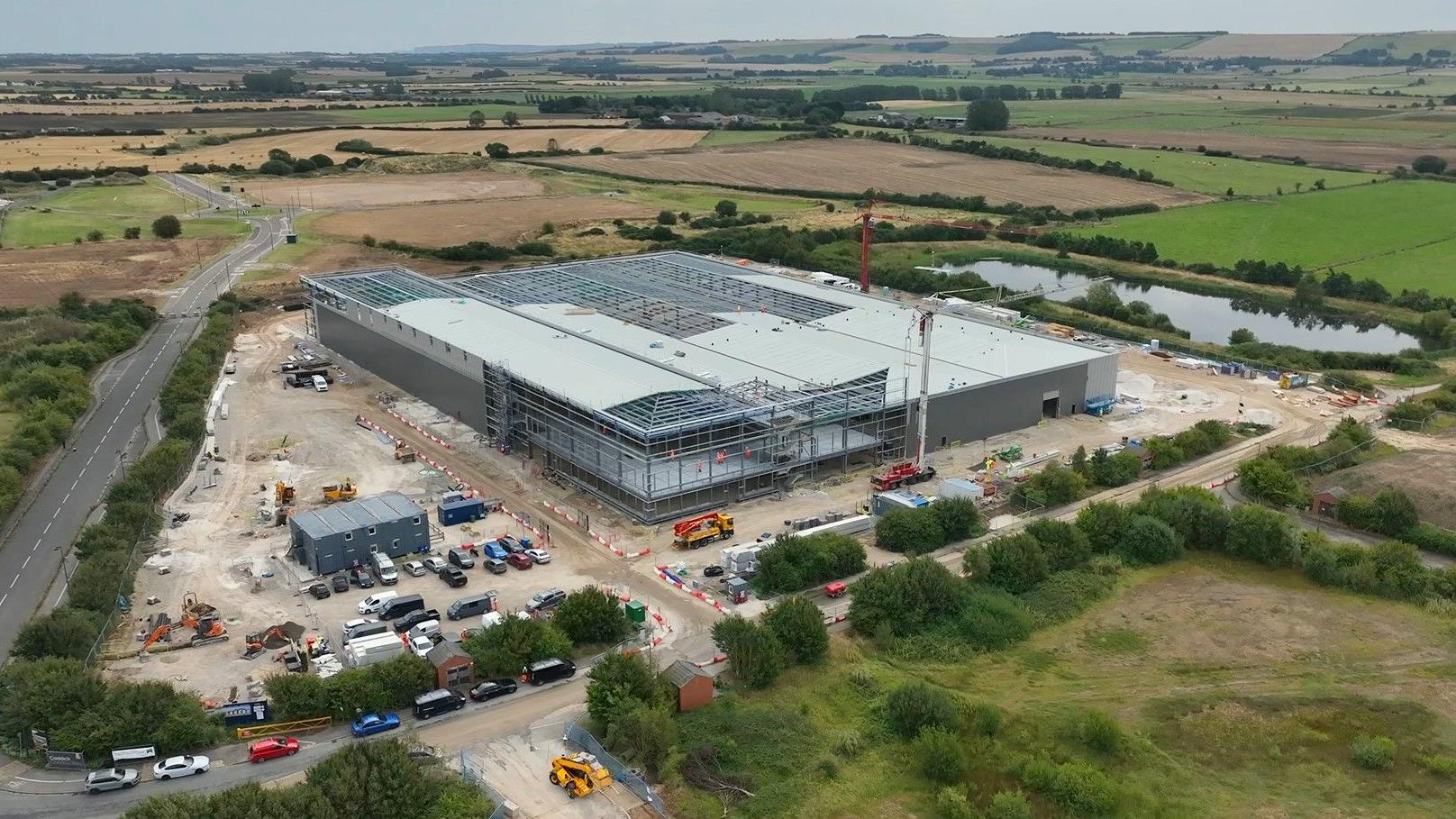A company has announced plans to construct a new £42 million factory, bringing 200 new jobs to the North Yorkshire coast.
Schneider Electric, a global energy firm, currently employs 450 people at its existing Scarborough location.
The new, larger facility will focus on producing equipment that supports the transition to renewable energy sources, electric vehicles, and energy-efficient buildings.
The new plant is designed to be a model for sustainable design, aiming for net-zero emissions. It will feature solar panels, energy-efficient lighting sensors, and electric vehicle charging stations for employees.
At present, the Scarborough Schneider plant specializes in manufacturing low-voltage switchgears, which are crucial for the expansion of electric vehicle charging infrastructure and net-zero buildings.
The operation will relocate to the new facility at Scarborough Business Park, situated near the current site, by early 2025.
Nearly one-third of the new plant’s energy will come from a cutting-edge solar energy system. An intelligent building management system will ensure energy-efficient operations through automated lighting, heating, and cooling.
The facility will also support environmentally friendly commuting, with on-site cycling racks, shelters, and showers for employees.
The new plant is slated to open in early 2025, according to an image shared by BBC/Richard Edwards.

This development follows Schneider Electric’s £7.2 million upgrade to its Leeds facility in October 2023, which resulted in the creation of 110 additional jobs. This expansion is part of Schneider’s commitment to investing in the Yorkshire region.
Kelly Becker, president of Schneider Electric UK & Ireland, Belgium & Netherlands, expressed excitement over the expansion: “The region has long been part of our operational presence in the UK, and we’re excited to expand this as part of our commitment to investing in the UK’s green economy.”
York and North Yorkshire mayor David Skaith welcomed the expansion of the Scarborough site, stating that it would “drive new, quality jobs” and contribute to Yorkshire becoming England’s “first carbon negative region.”
Schneider Electric’s significant investment in Scarborough is a major development for the town and North Yorkshire as a whole. It reflects the confidence a global company has in the region’s economy and workforce.
The £42 million investment in the new plant also carries political importance. At the launch of the Schneider scheme, two senior Labour politicians were in attendance, including Sarah Jones from the Department for Energy Security and Net Zero.
With the Labour government prioritizing renewable energy in its policies, Schneider Electric is exactly the kind of company they aim to build strong relationships with.
David Skaith, York and North Yorkshire’s mayor, also attended the event. Skaith, who has his own net-zero goals, is tasked with reshaping the region’s economy, particularly along the coast, to provide more stable and better-paid jobs.
The 200 new positions promised by Schneider Electric are a significant step in that direction.